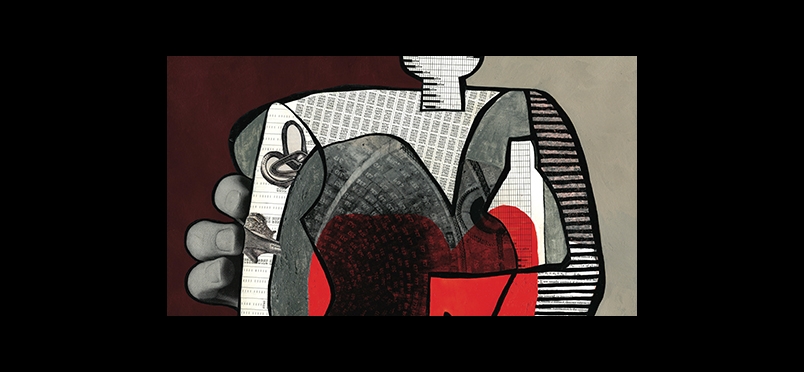| alcohol use disorder
The Association Between Alcohol Consumption & Medical Conditions

Chronic Pain Patients Exceeded Alcohol Guidelines
JAMA Open Abstract
Excessive alcohol consumption is associated with increased incidence of several medical conditions, but few nonveteran, population-based studies have assessed levels of alcohol use across medical conditions.
Objective: To examine associations between medical conditions and alcohol consumption levels in a population-based sample of primary care patients using electronic health record data.
Among the 2 720 231 included patients, 1 439 361 (52.9%) were female, 1 308 659 (48.1%) were white, and 883 276 (32.5%) were aged 18 to 34 years. Patients with any of the conditions (except injury or poisoning) had lower odds of drinking at low-risk and unhealthy levels relative to no reported use compared with those without the condition. Among 861 427 patients reporting alcohol use, patients with diabetes (odds ratio [OR], 1.11; 95% CI, 1.08-1.15), hypertension (OR, 1.11; 95% CI, 1.09-1.13), chronic obstructive pulmonary disease (COPD; OR, 1.16; 95% CI, 1.10-1.22), or injury or poisoning (OR, 1.06; 95% CI, 1.04-1.07) had higher odds of exceeding daily limits only; those with atrial fibrillation (OR, 1.12; 95% CI, 1.06-1.18), cancer (OR, 1.06; 95% CI, 1.03-1.10), COPD (OR, 1.15; 95% CI, 1.09-1.20), or hypertension (OR, 1.37; 95% CI, 1.34-1.40) had higher odds of exceeding weekly limits only; and those with COPD (OR, 1.15; 95% CI, 1.07-1.23), chronic liver disease (OR, 1.42; 95% CI, 1.32-1.53), or hypertension (OR, 1.48; 95% CI, 1.44-1.52) had higher odds of exceeding both daily and weekly limits.
Findings suggest that patients with certain medical conditions are more likely to have elevated levels of alcohol use. Health systems and clinicians may want to consider approaches to help targeted patient subgroups limit unhealthy alcohol use and reduce health risks.
Using data collected in a systematic alcohol screening program, we examined associations between a variety of medical conditions and alcohol consumption levels among 2 720 231 adult primary care patients. With the exception of those with injury or poisoning diagnoses, often associated with acute alcohol intoxication in the literature, people with medical conditions were more likely to report no use compared with people without. This is consistent with previous studies that found no alcohol use was associated with poorer health, perhaps because people in ill health choose to quit drinking owing to the effects on their condition’s symptoms or progression or medication contraindications—so-called sick quitters—or because they were formerly heavy drinkers whose drinking may have been related…
Read the article.
Other Categories:
Did you enjoy this article?
Subscribe to the PAINWeek Newsletter
and get our latest articles and more direct to your inbox

